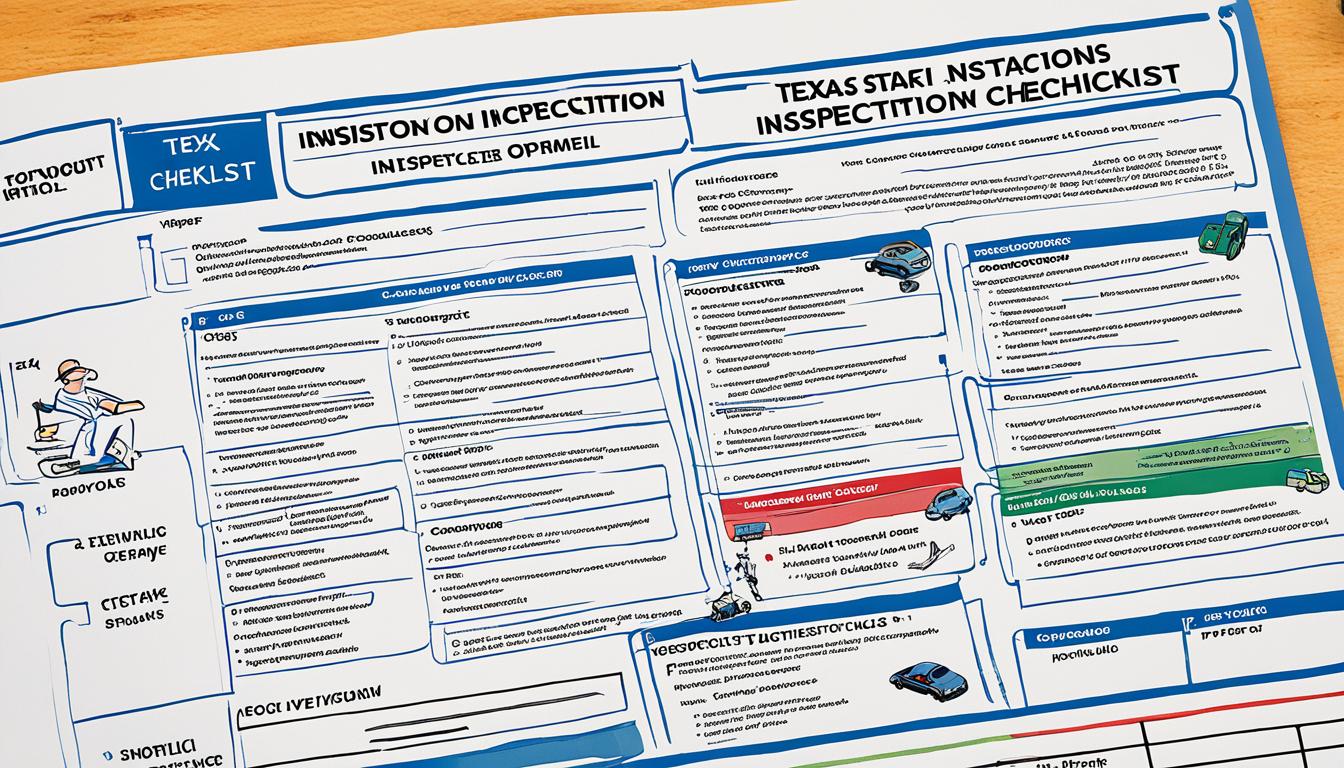Mastering the subtleties of American English conventions can be a daunting prospect, especially when it comes to understanding when to use capital letters in specific terms. A frequent point of confusion surrounds the term “state.” This writing style guide aims to clarify when to capitalize “state” to help ensure that your writing is not only correct but also adheres to the standard practices of American English.
Whether you’re penning a formal document or crafting an informative article, knowing the ins and outs of this rule is essential. Through the lens of grammar and punctuation, we will navigate the instances that warrant the capitalization of “state,” streamlined with the appropriate usage that aligns with established American English conventions. As we delve into the normative grammar laws that govern our language, you’ll uncover a deeper comprehension of avoiding common errors, all while enhancing the professionalism of your written work.
Key Takeaways
- Generally, “state” should be lowercase unless it follows a proper noun or in specific contexts.
- The term “state” often remains lowercase when used in phrases like “the state of Michigan.”
- Abbreviations for states have distinct rules, particularly in addresses and specific listing formats.
- Clarity in using “state” versus “State” is paramount when distinguishing state from city names that share their moniker.
- Adhering to a writing style guide helps maintain consistency and professionalism in your written communications.
The Rules of Capitalizing “State” in Context
Understanding when to capitalize the word “state” involves grasping the nuances of capitalization rules and how they apply in different contexts. Recognizing the proper use of “state” in writing is essential for clarity and maintaining the standards of American English conventions.
State Following a Proper Noun
When the term “state” is used after the name of a specific state, capitalizing state is the correct approach. This rule applies especially when referencing institutions, like Michigan State University. Here, the capitalization signifies a proper noun, indicating a formal name or title.
- Ohio State
- Washington State University
- Arizona State
Distinguishing Between City and State Names
For certain states like Washington and New York, using “state” in writing—and capitalizing it—is necessary to distinguish between the state and well-known cities that share their names. In cases like “New York State versus New York City,” capitalization is critical.
- New York State
- Washington State
Using “State” in the Context of United States
When referring to the entire country, “United States” necessitates capitalization. However, using “state” in writing in a generalized context, such as discussing multiple states or a region, does not require a capital letter.
Capitalize When Part of Governmental Bodies
Within the realm of governmental entities, capitalizing state is a must when it is part of an official body or agency’s name. Whether it’s “State Department” or “State Board of Education,” the capitalization conveys respect and formality.
| Incorrect Usage | Correct Usage |
|---|---|
| state Department | State Department |
| the state’s attorney | the State’s Attorney |
| Texas state | Texas State |
Common Mistakes and Clarifications
When delving into the nuances of American English, writing mistakes due to common errors can obstruct the clarity of communication. Notably, one prevalent error involves the improper capitalization of the word “state”. To avert these pitfalls, clarifying capitalization rules is paramount. Missteps often occur when writers capitalize “state” in the phrase “the State of Colorado,” where it should be lowercase as in “the state of Colorado.”
Additionally, another prominent mistake is when writers improperly capitalize “state” when it represents an entity, for example, “She is a State employee,” which should correctly be “She is a state employee.” These writing mistakes not only challenge conventional norms but also potentially confuse the reader. Hence, understanding and adhering to capitalization rules plays an integral role in fostering effective communication.
- Incorrect: the State of Colorado – Correct: the state of Colorado
- Incorrect: She is a State employee – Correct: She is a state employee
Clarifying capitalization rules is not just a matter of formality but also contributes to the precision and professionalism of the writing. To exemplify some of these common errors, the table below contrasts incorrect usage with their correct counterparts.
| Incorrect Capitalization | Correct Capitalization |
|---|---|
| State senator | state senator |
| State-funded project | state-funded project |
| State of Affairs | state of affairs |
| State law | state law |

To circumvent these common errors, careful review and an informed understanding of capitalization rules are essential. Whether drafting legal documents, composing journalistic articles, or engaging in creative writing, correct capitalization is essential for maintaining a professional tone and ensuring message precision. By highlighting these contrasts, we emphasize the significance of detail orientation in all written communication, thereby clarifying capitalization rules.
When to Capitalize “State”: Navigating through Exceptions
In the multifaceted world of writing and editing, adhering to the correct capitalization rules can be a labyrinthine task. Especially when it comes to the term “state,” where exceptions to capitalization can arise, muddying the waters of grammar and style. It’s crucial to recognize that while the rules outlined in our style guide serve as a reliable compass, certain special cases may warrant a departure from these directions.
For instance, when we discuss the specifics of governmental agencies or formal titles, the capitalization of “state” may shift to fit the conventions of legal or official documentation. Such instances are specific contexts where the usual rules may not apply, and a higher degree of vigilance is required to maintain linguistic accuracy. To navigate these waters without running aground, writers and editors are encouraged to consult and align their practices with the authoritative sources on American English conventions.
To bulletproof your writing against potential errors, one may consider the utilization of sophisticated title capitalization tools. These serve as a bridge to gap understanding and application, ensuring that your writing is not only consistent but also adheres to the rules of capitalizing state in the correct contexts. By leveraging such tools, writers fortify their work against the winds of confusion and establish a sense of professionalism that is both respected and expected in high-caliber writing. As the custodian of wordscape, never underestimate the potency of precision in the craft of writing.
FAQ
When should the word “state” be capitalized in writing?
Are there situations where the word “state” should not be capitalized?
Can you provide some examples of common mistakes when capitalizing the word “state”?
What are some exceptions to the capitalization rules for the word “state”?
Source Links
- https://wmich.edu/writing/rules/states
- https://capitalizemytitle.com/ufaqs/is-state-capitalized/
- https://www.quora.com/Do-I-need-to-capitalize-the-word-state-when-referring-to-a-specific-state-First-I-use-the-word-Florida-then-I-say-the-states-temperature-was-high-for-this-time-of-year-Do-I-capitalize-then





